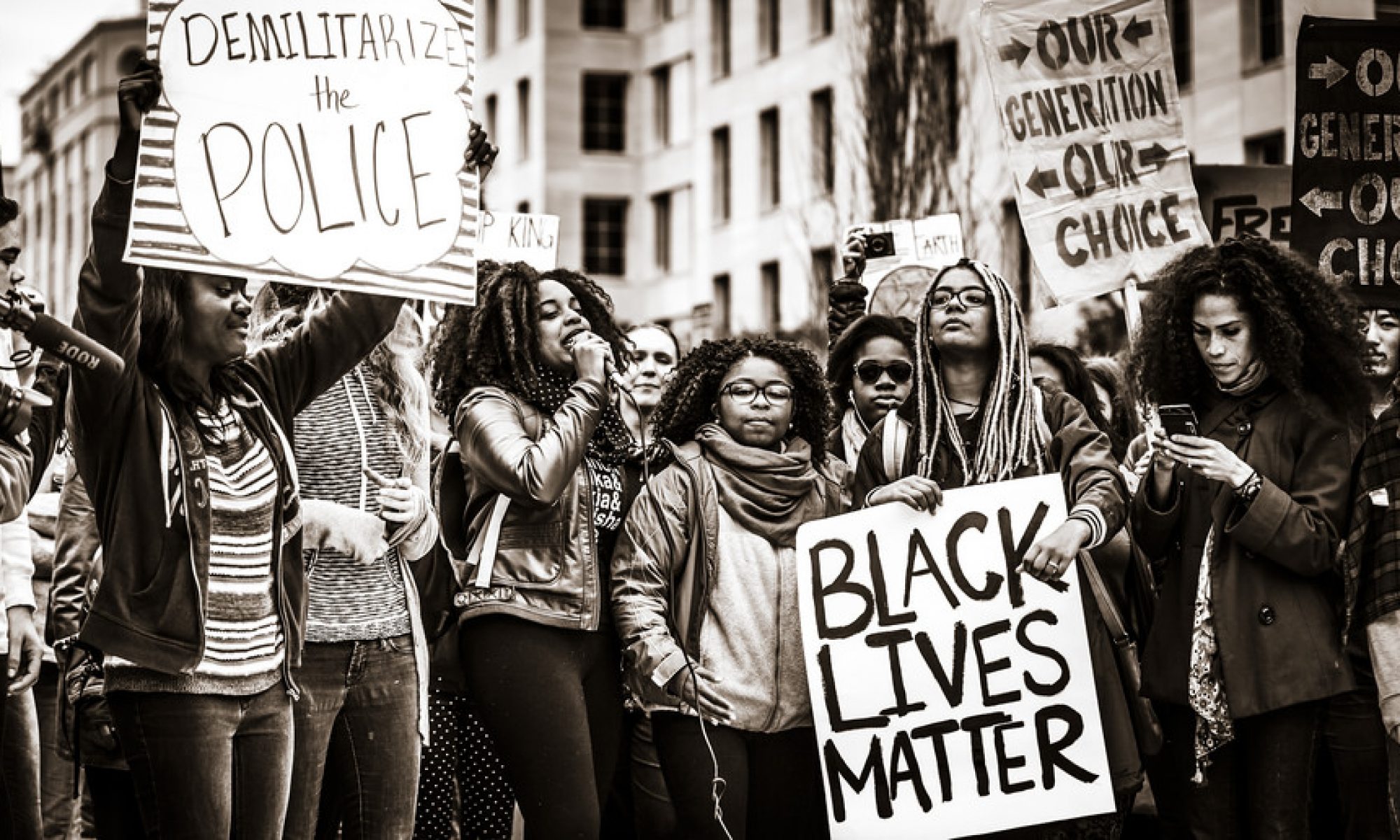When the Suffrage Movement Sold Out to White Supremacy
By Brent Staples
“Americans are being forced to chose between a cherished lie and a disconcerting truth as they prepare to celebrate the centennial of the 19th Amendment in 2020. The lie holds that the amendment ended a century-long struggle by guaranteeing women the right to vote. The truth is that it barred states from denying voting rights based on gender but “guaranteed” nothing. More than a dozen states had already granted millions of women voting rights before ratification, and millions of other women — particularly African-Americans in the Jim Crow South — remained shut out of the polls for decades afterward.”

